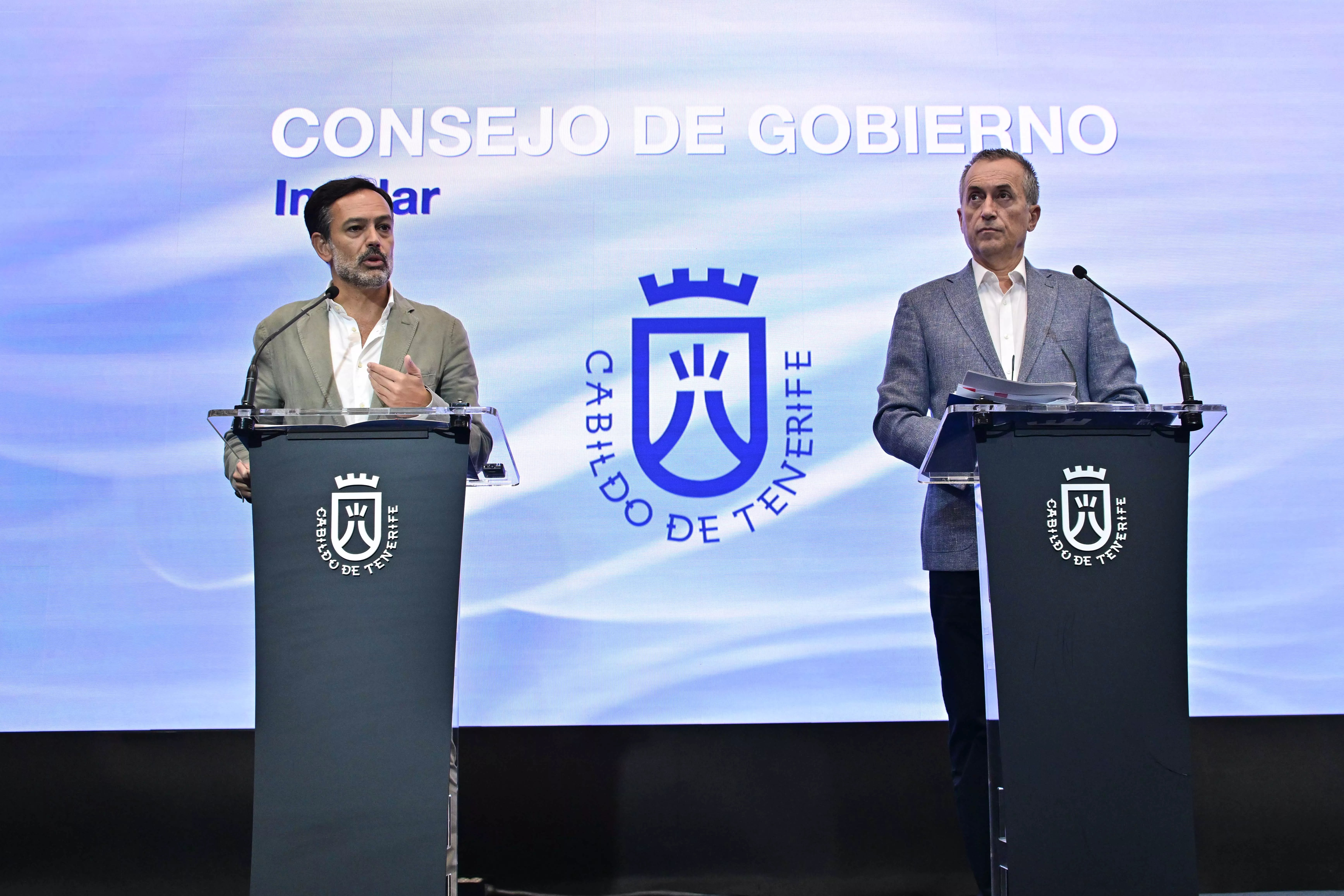The administration of finances and allocation of the municipal budget is once again at odds for the current Arona governing body, which comprises the Popular Party (PP), Canarian Coalition (CC), and Más Por Arona (MxA), alongside the main opposition entity (PSOE), led by former mayor José Julián Mena.
While the Socialist municipal group accuses the governing body of “substantially cutting investment and hoarding excessive funds in the banks,” Mayor Fátima Lemes (PP) and her associates argue that “they have revived stalled projects and aim to create a robust foundation for the municipality’s development following four years of stagnation.”
Both the former socialist mayor and the ex-Treasurer, Raquel García, voiced their apprehensions regarding the “drastic” decline in public investment by the local administration. They assert that the general account of last year’s budget “indicates that Arona has dropped from a public investment of nearly six million euros during José Julián Mena’s final year to a mere 1.5 million.”
According to the socialist representatives within the council, the cut in public investment is evident in “the condition of the streets, the lack of new sports and cultural facilities or parks, as well as the non-existence of land acquisitions for the construction of new housing intended for rental.”
Additionally, the socialist group underscores that the remaining treasury – surplus funds in municipal coffers – reached 33 million euros in 2023, elevating the total accumulated in banks to 136 million euros, “the highest amount in the last decade.”
“This is money collected from residents and businesses, yet it fails to result in any enhancement of their living standards, as it is not allocated towards public services or essential infrastructure,” Raquel García emphasised.
The socialist councillor also lambasted the five-month delay in presenting the general account of last year’s budget, “a breach which reflects – she added – the ineffectiveness of the current municipal administration.”
ECONOMIC REACTIVATION
In her defence, Fátima Lemes (PP) stated yesterday, in comments to this newspaper, that her team’s management is sound, asserting that the current administration has initiated a “reactivation process following four years of standstill.”
The mayor claimed that upon the current administration’s arrival, they discovered a surplus exceeding 100 million euros, which “further increased to 120 million due to the inactivity of the previous government in its final months.”
Lemes also accused the former municipal administration of “misusing” the temporary suspension of fiscal regulations in recent years, “which would have permitted significant investments without restrictions on budget stability.”
In her view, the “inaction” of the Socialist Party illustrates its “inability to govern and the failure to reach the necessary consensus to advance the municipality” between 2015 and 2019.
For the mayor of Arona, it is contradictory “that they now request works when they executed none during their eight years in office, not even completing the Las Galletas civic centre,” a structure that she reminded, was recently inaugurated.
INHERITED PROBLEMS
Meanwhile, the Councillor for Economy and Finance, Guacimara Tavío, highlighted that the tripartite coalition governing Arona is striving to address “inherited” financial difficulties, citing unpaid invoices since 2019 that impact the average payment duration and the capacity to utilise the surplus.
Tavío noted that this predicament adversely affects local entrepreneurs, who have yet to receive their payments from the council due to the “inept administration” of the prior corporation.
















